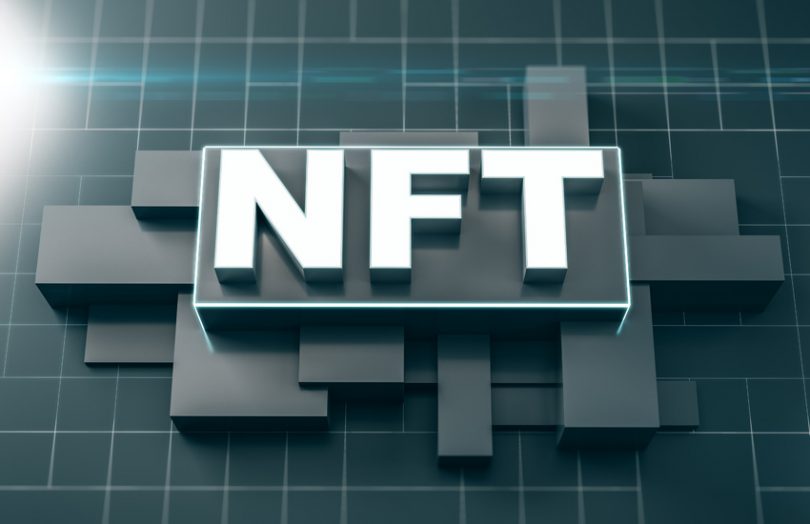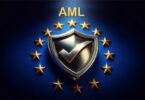Today MultiChain launched the latest iteration of its enterprise blockchain, including native support for non-fungible tokens (NFTs). While NFTs have become enormously popular for collectibles, for a long time, they’ve been used to track anything unique, whether it’s a luxury watch or a document such as an invoice to be used for trade finance.
MultiChain is targeting both the collectible and the business provenance use cases.
“We were already building our trade asset management solution on MultiChain,” said Kieran Kelly, CTO of ubloquity. “With the addition of native NFT support, we’re excited to take this to the next level, allowing individual assets to be verified and tracked across the supply chain in an easy, sustainable and scalable way.”
For digital art collectibles, it’s possible to attach metadata, pictures and videos of up to one gigabyte.
“This capability was added in response to a large number of requests from our users, partners and customers. Our goal with MultiChain remains the same: to provide the most powerful, stable and easy-to-use platform for building permissioned blockchain solutions,” said Dr Gideon Greenspan, the founder of Coin Sciences that developed MultiChain.
On that note, Greenspan was keen to emphasize that no smart contracts are needed because the functionality works out-of-the-box. That makes NFTs easier to use, with less work and hence fewer bugs. One of the few other enterprise blockchains that support tokens natively is SETL.
The public Ethereum blockchain supports Ether out of the box, but every other token has to be implemented via a smart contract, and likewise for all enterprise Ethereum blockchains such as Hyperledger Besu and Quorum. Tokens are not native to Hyperledger Fabric or R3’s Corda, but both support them with additional code.
When discussing enterprise blockchain, most people try to distance it from Bitcoin. However, at the core of MultiChain is the Bitcoin blockchain. It’s an adapted version with permissions, and unlike the public Bitcoin blockchain it’s not energy hungry.







